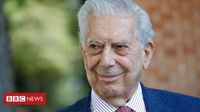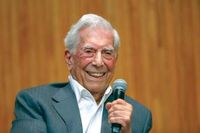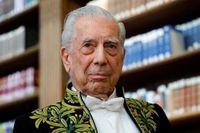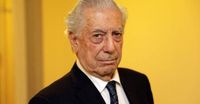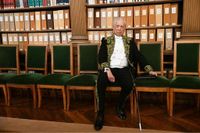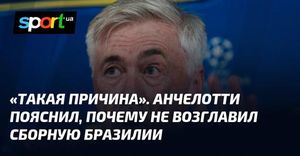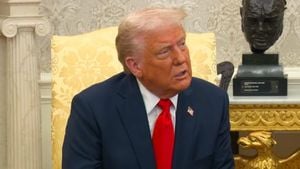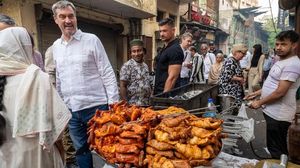Mario Vargas Llosa, the celebrated Peruvian writer and Nobel laureate, passed away on Sunday, April 13, 2025, at the age of 89 in Lima, Peru. His son, Álvaro Vargas Llosa, took to social media to announce the news, expressing hope that readers around the world would find solace in the legacy his father left behind. In a heartfelt post on X, formerly known as Twitter, he wrote: “We hope that [readers around the world] find comfort, just as we do, in the fact that he had a long, multifaceted, and fruitful life, and leaves behind a body of work that will endure.” Álvaro also requested respect for the family's privacy, stating that there would be no public ceremony and that his father’s body would be cremated, in accordance with his wishes.
Born in Arequipa, Peru, on March 28, 1936, Vargas Llosa became one of the most influential figures in both Latin American and global literature. His extensive body of work includes novels, essays, and critiques that explore the complexities of power structures and societal dynamics. He was awarded the Nobel Prize in Literature in 2010, a recognition of his profound impact on literature.
Among his most notable works are The Time of the Hero (originally A Cidade e os Cachorros), The Green House (or A Casa Verde), and Conversation in the Cathedral (or Conversa na Catedral), all of which delve into themes of oppression, resistance, and identity. His other significant works include The Feast of the Goat and The Bad Girl (or Travessuras da menina má), which artfully blend historical context with fiction.
Vargas Llosa's influence extended beyond literature into the political arena. He was not just a writer but also an active political figure, famously running for the presidency of Peru in 1990. His campaign was marked by a liberal platform advocating for economic and political reforms aimed at modernizing the country. Despite his efforts, he was defeated by Alberto Fujimori, who would go on to govern Peru for a decade. After this political setback, Vargas Llosa returned to focusing primarily on his literary career, while remaining a vocal participant in political and social discussions.
One of the more intriguing aspects of Vargas Llosa's life was his tumultuous relationship with fellow writer Gabriel García Márquez. Their infamous altercation occurred in February 1976 during the premiere of a film in Mexico City. The confrontation escalated to Vargas Llosa striking García Márquez, resulting in a black eye for the latter. Over the years, speculation has surrounded the reasons behind their feud, with the most popular theory suggesting that García Márquez had advised Vargas Llosa's then-wife, Patricia, to seek a divorce amid marital troubles, provoking Vargas Llosa to retaliate physically when they crossed paths again. Despite this incident, both authors continued to flourish in their literary careers, eventually receiving Nobel accolades—García Márquez in 1982 and Vargas Llosa in 2010. The details of their conflict remain one of literature's enduring mysteries.
Throughout his career, Vargas Llosa's works have been characterized by their critical examination of societal issues, often reflecting his strong stance against authoritarian regimes and advocating for liberal ideologies. His writings not only entertained but also provoked thought and discussion around political and social themes, making him a pivotal figure in contemporary literature.
In the wake of his passing, tributes have poured in from around the world, celebrating his contributions to literature and the indelible mark he left on the literary community. His ability to weave intricate narratives that addressed profound societal questions has inspired countless readers and writers alike. As the literary world mourns his loss, Vargas Llosa's works continue to resonate, ensuring that his voice remains alive in the hearts and minds of his audience.
Mario Vargas Llosa's legacy is not just confined to his written words but extends to the influence he had on literature and politics in Latin America and beyond. His life, marked by both literary brilliance and political engagement, serves as a testament to the power of words and the impact they can have on society. As readers reflect on his vast body of work, they are reminded of the importance of literature as a means of understanding and navigating the complexities of human experience.
